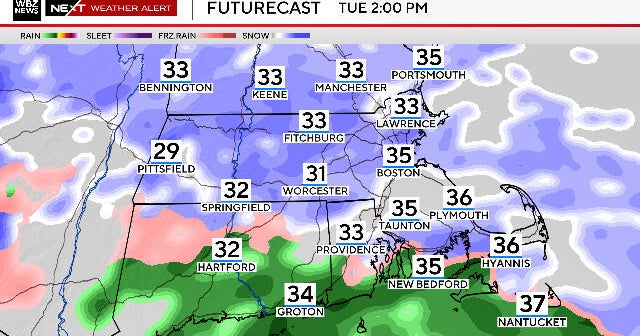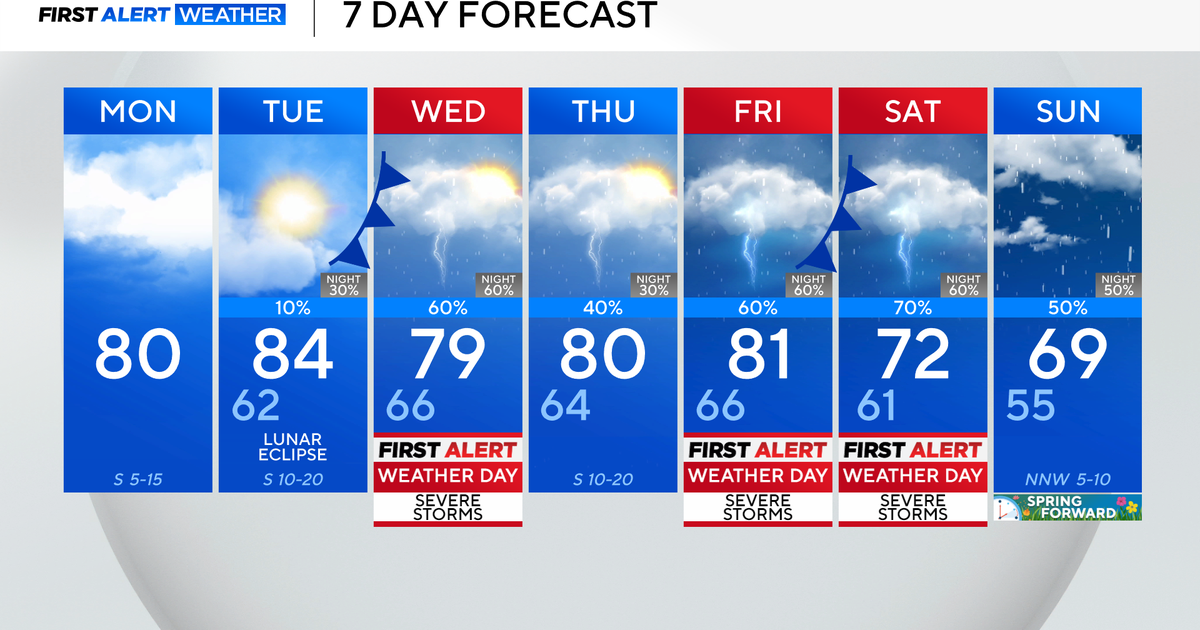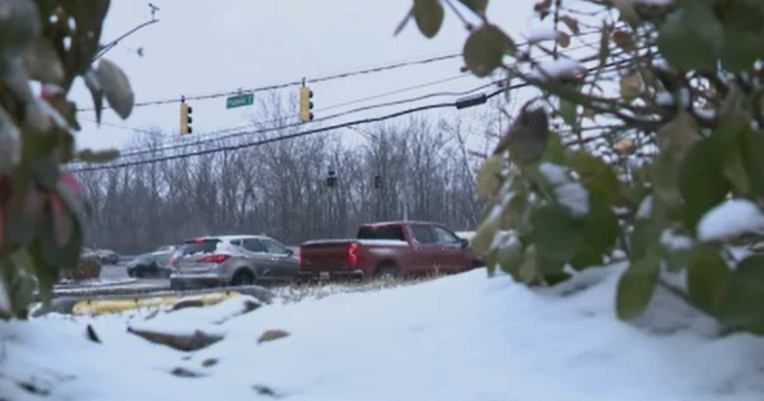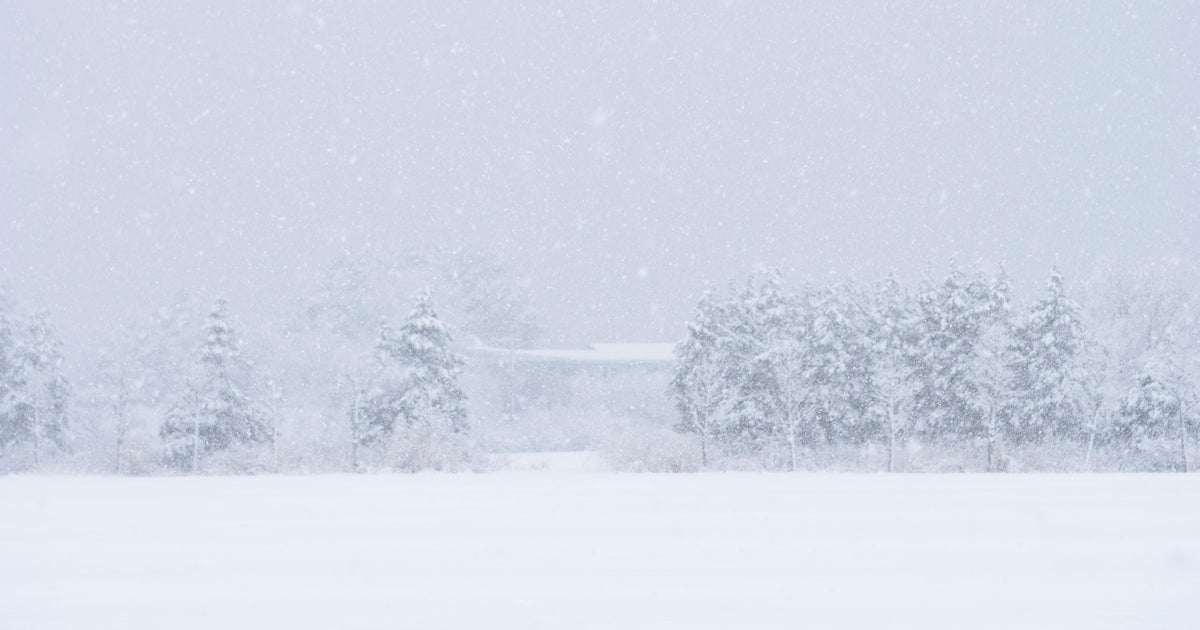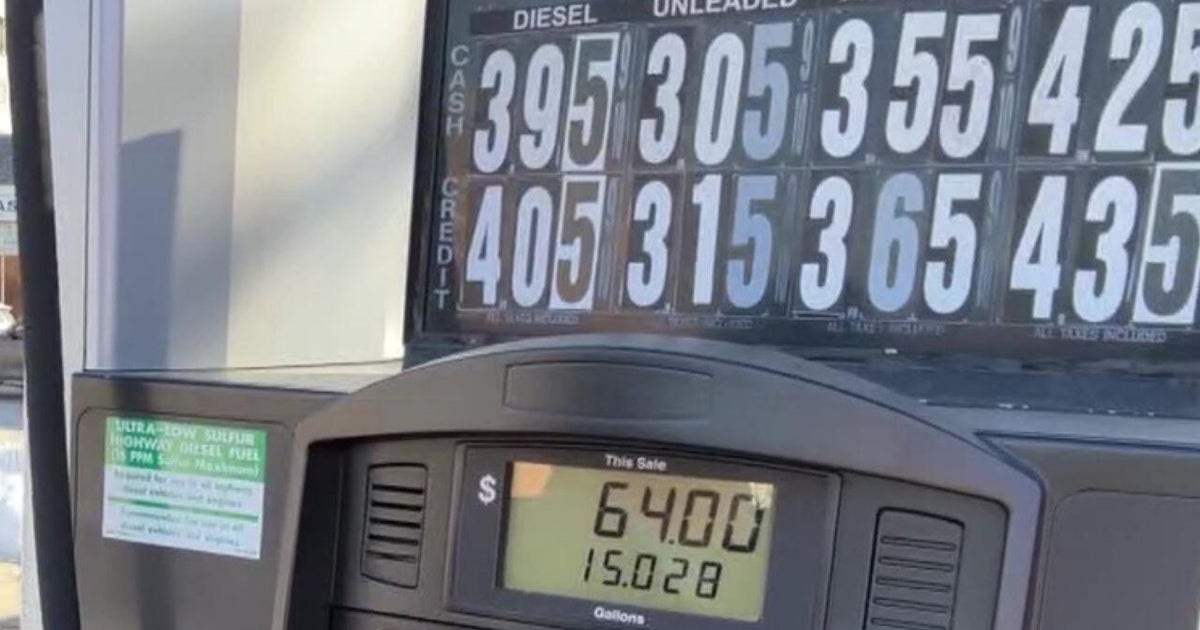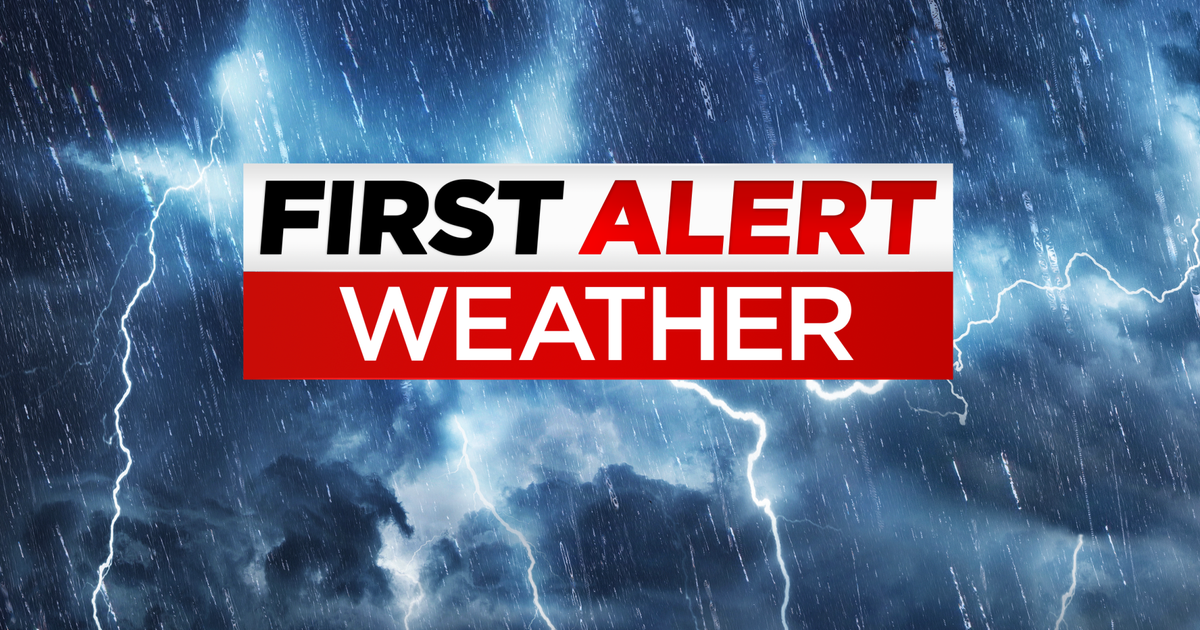California's unusually average wet season lessens worries of drought
SACRAMENTO — Concerns over a drought in California this year have lessened and experts say we're back on the right track.
Between our snow and rain, we don't have too much and we don't have too little. We are unusually average. February storms pushed us away from snow drought concerns from the beginning of the year.
"I'm not so worried about a drought this year," said Jay Lund, UC Davis professor of civil and environmental engineering.
Professor Lund said that even if the rain were to stop right now for the rest of the wet season, we wouldn't be seeing a deep drought this year because our reservoirs are full.
"This month, I think, has really helped a lot, February. A series of storms has brought us from rivaling some of the deepest drought years we've seen recently up to close to average," Lund said.
California gets half of its annual precipitation from December through February.
"Then we start to shift into warmer and drier conditions once we get into March. So we are starting to wrap up the calendar, so to speak, for our wettest time of year," said Jeanine Jones with the California Department of Water Resources (DWR).
While it's looking like we'll end the rainy season with average precipitation, the DWR says we won't really know until the end of March.
"If you look at this year in comparison to many of our past years in this century, we're in a much better shape," Jones said.
But this doesn't mean we're out of the woods.
"We have about average precipitation, but that doesn't mean we will not have water scarcity," Lund said.
"Groundwater is a very important part of our drought management strategy," Jones said.
On average, groundwater makes up 40% of the state's urban and agricultural supplies, but during a drought, it's more like 60%, which is why rainfall capture is critical.
"Much of our rainfall is captured in our system of reservoirs, particularly in the Sierra Nevadas and Cascade Mountains, and we're increasing opportunities for groundwater storage," Jones said.
Earlier this year, the first snow report survey clocked in at 25% of average, and now we're at over 80%. The next snow report comes out next week.
